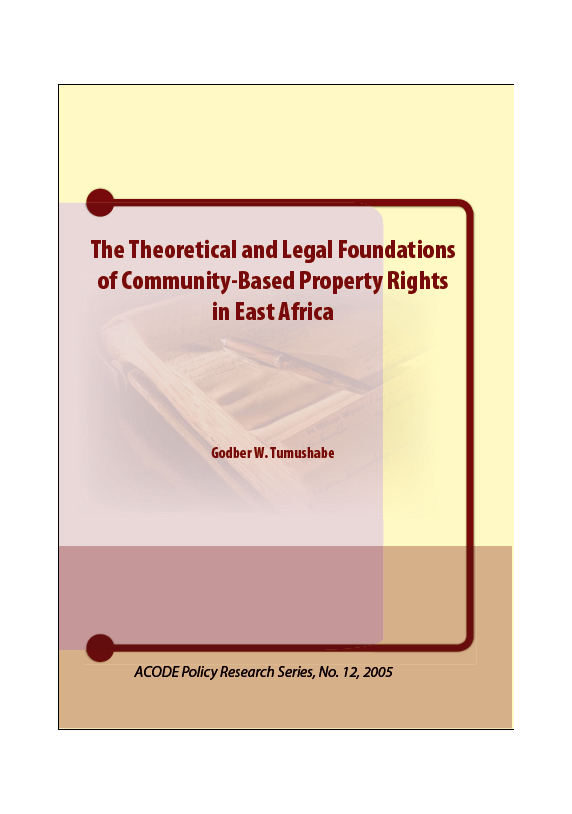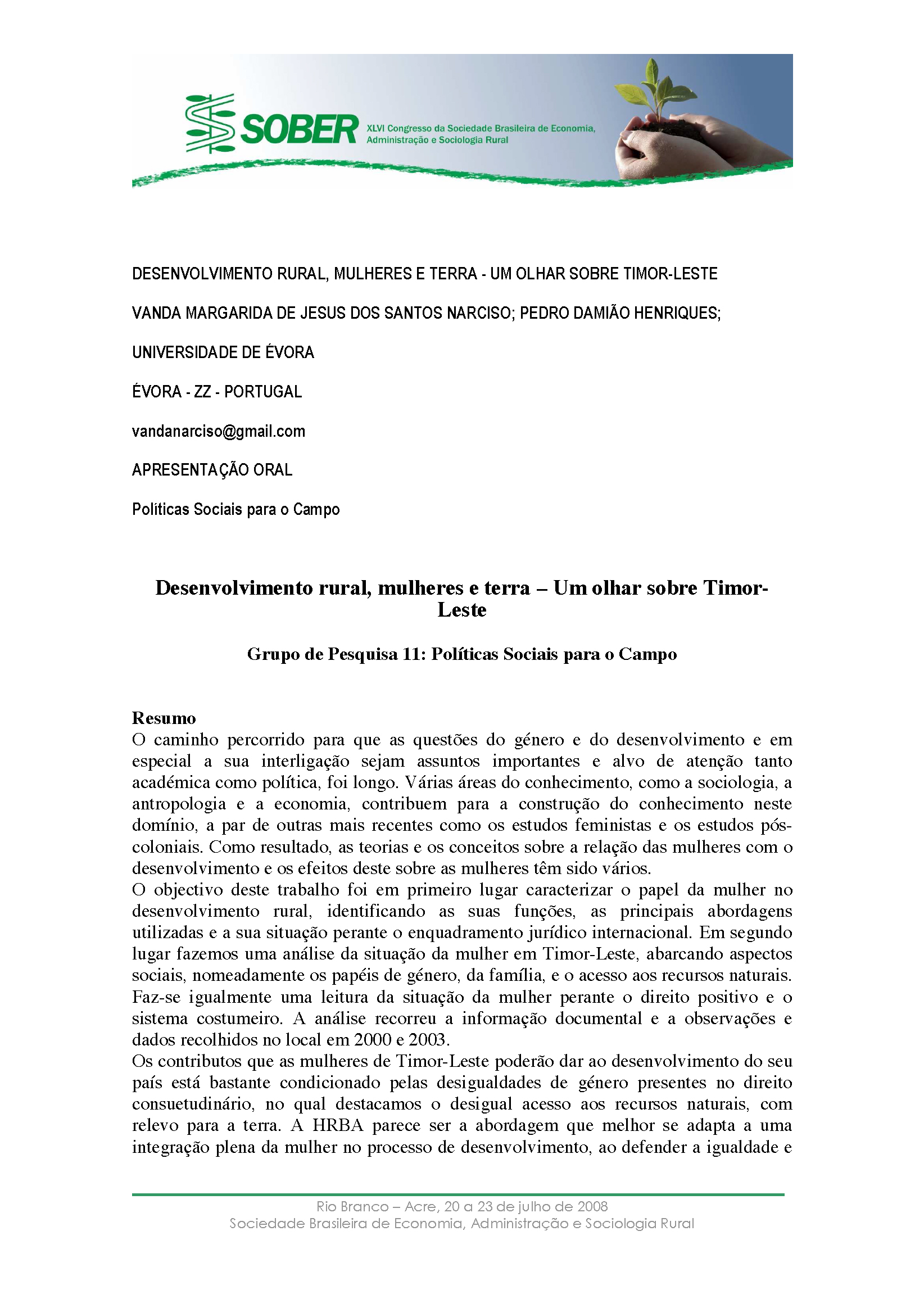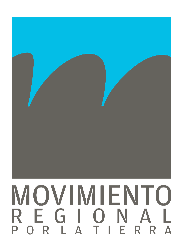Take anything, leave our land
The Karamoja region in Northeastern Uganda, covering an area of 27,200 square kilometers, is inhabited by around 1.2 million people who live in seven districts; Moroto, Nakapiripirit, Napak, Amudat, Abim, Kotido and Kaabong. Its residents are mainly Ngakarimojong speaking peoples, but the area is also home to the Ethur, Labwor, Pokot, and indigenous minorities such as the Tepes and the Ik.











